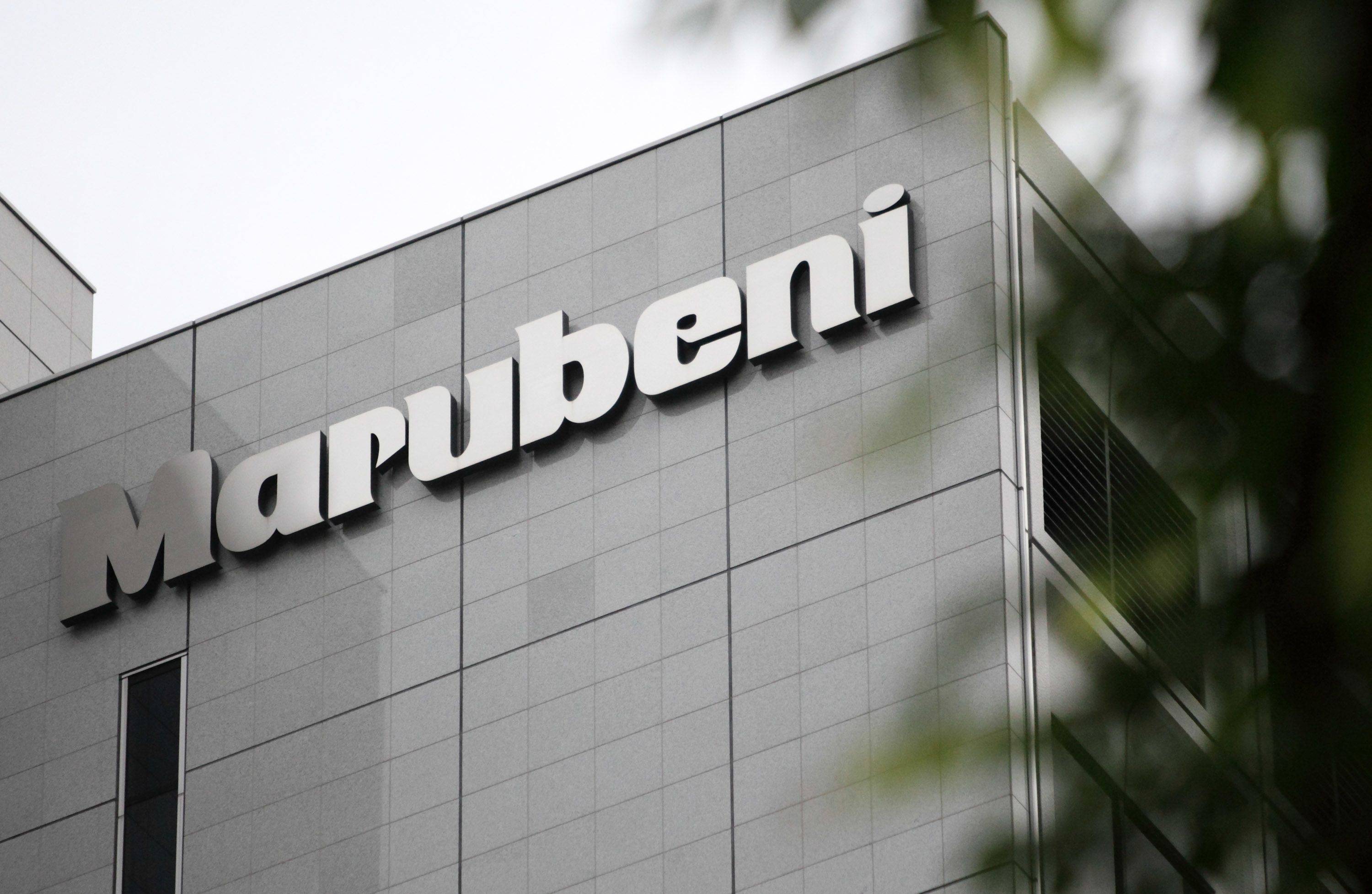Trading giant Marubeni Corp. expects to get as much as ¥400 billion ($3.51 billion) from selling the grain business of its U.S. unit Gavilon Agriculture Investment Inc. to Viterra Ltd.
Marubeni will transfer shares of Gavilon to Viterra following a reorganization of Gavilon’s structure, the Tokyo-based company said in a statement on Wednesday. While the price will be determined later, Marubeni said it expects to receive ¥300 billion to ¥400 billion of funds from the sale, including the collection of loans.
Viterra said in a separate statement that the agreed purchase price is $1.125 billion, plus working capital.



















With your current subscription plan you can comment on stories. However, before writing your first comment, please create a display name in the Profile section of your subscriber account page.